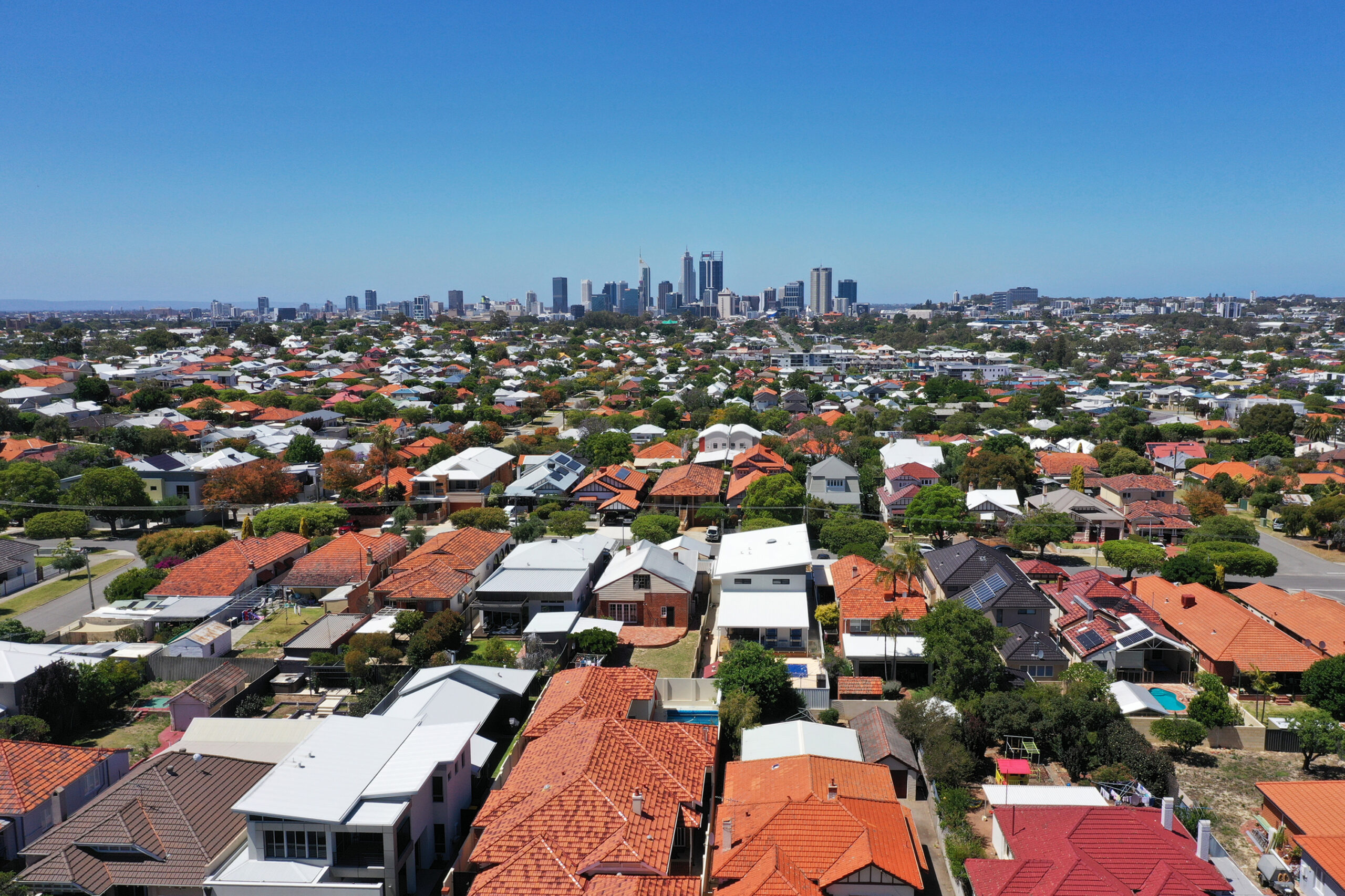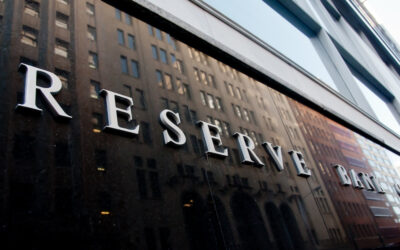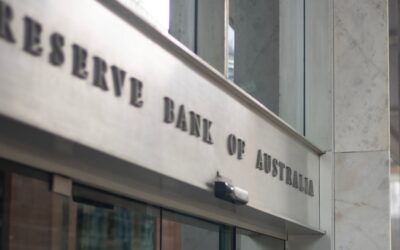In this article:

Comparison site Finder released a new survey which shows that one in five mortgage holders would find it difficult to meet their monthly mortgage repayments if their current home loan rates were to rise by a further 3%.
The same survey discovered that around 145,000 homeowners would consider selling their homes if mortgage rates rose by a further 3%. Mark Bouris joined Peter Stefanovic on Sky News to discuss the survey findings.
Bouris said that a number of homeowners who took out a fixed loan within the last two to three years may need to brace themselves for a shock when their fixed period ends if it hasn’t already.
“If you consider what happened over the last year and the year before, about 40% of all borrowers actually took fixed rates,” said Bouris, “and fixed rates at that time were around sub 2%.
“Those fixed rates were for two or three-year periods, sometimes four-year periods but mostly for two and three-year periods, which means most of them are going to expire around now or later this year and the year after.
“If you go from a fixed rate of 2% to a variable rate of close to 4.5% or 5%, then you’re in for a significant increase. So really, what we’re probably looking at here is around about $1000 extra per month in mortgage repayments for the average borrower.
“So, if your average borrower has $150,000 worth of income, that means they can borrow $750,000, that means they’re taking home (after tax) around $8800 every month. When their fixed rate turns into a variable rate, they’re going to be paying close to half of their net income on a mortgage every month. That’s a big deal.”
Will we see panic selling in the coming months?
Home Loans expert at Finder, Richard Whitten, says there will be “quite a few looking to sell” if, for example, homeowners who are currently paying a 3% interest rate were suddenly asked to pay 6%.
“It’s clear that many borrowers have become accustomed to the low-interest rate world of the last few years, and with runaway house prices they haven’t had much of a choice,” Mr Whitten said.
“Many borrowers are stretched, having bought properties at high prices with smaller deposits and larger loan sizes. It’s clear that a cash rate of 3 per cent is a threshold at which quite a large number of Australian borrowers would find repayments unsustainable.
“But it’s important to note that it’s not just home loan repayments rising, the cost of living is increasing across most spending categories. So even borrowers who may have been conservative with their mortgages are probably still reeling from all the other rising costs in their lives.
With mortgage holders facing pressures from a variety of economic factors, Bouris believes the Reserve Bank of Australia (RBA) “will probably reduce rates to take that pressure away.”
“There will be urgent sales, yes. But I don’t think it’s going to be across the border. I’m not suggesting that there will be some sort of mortgage pandemic, which is what has basically been predicted around the traps,” said Bouris.
“Many commentators have suggested that interest rates will start coming off around June or July 2023. And there’s probably a decrease back to around 2.25% cash rate.”
Where does Bouris predict interest rates will settle?
“As I’ve said to you plenty of times, the money markets overshoot all the time. So, they overshot last year on how long the low rate was going to exist. And they’re overshooting this time,” in regards to predictions that interest rates will continue to soar for a long period of time.
“If you look at the money markets today, they are still predicting a cash rate of 3.35%. Yet if you go and look at what the Commonwealth Bank experts are saying, they predict the cash rate is going to be closer to 2.6%.
“So, from here [where the cash rate is currently at] 1.85% to 2.6% means we’re looking at another half a percent increase and then maybe one more 25 basis point increase. And we’ll stop there. I think that’s probably a sensible place to go.”
To see all of Mark’s analysis, simply click the video above and listen in.
What can borrowers do to protect themselves?
We asked Joshua Kellet, Branch Principal and mortgage broker at YBR Home Loans Miranda, for his perspective on those who are nervous about the rising interest rate environment.
He said, “I’ve found with many people recently that they don’t know what their current interest rate is until they get notified of an increase by their lender.”
“In uncertain times, the first step in reducing that uncertainty is to understand what your current situation is and take as much control of it as you can.
“So, log on to your internet banking to find out what your current interest rate is and then speak to an expert at YBR to understand if there is something better out there for you – you’d be surprised at the meaningful benefit that this critical first step can lead to with respect to your monthly budget.
“What’s the worst thing that can happen to you? In just a few simple steps, you’ll find out that you have indeed got a good, competitive rate and by doing that, and nothing more, you would have eliminated some of the uncertainty you WERE dealing with and gained some peace of mind.
“If you realise that your current rate isn’t as competitive as it should be, start a conversation with us today, and we can get you on the right path.”



